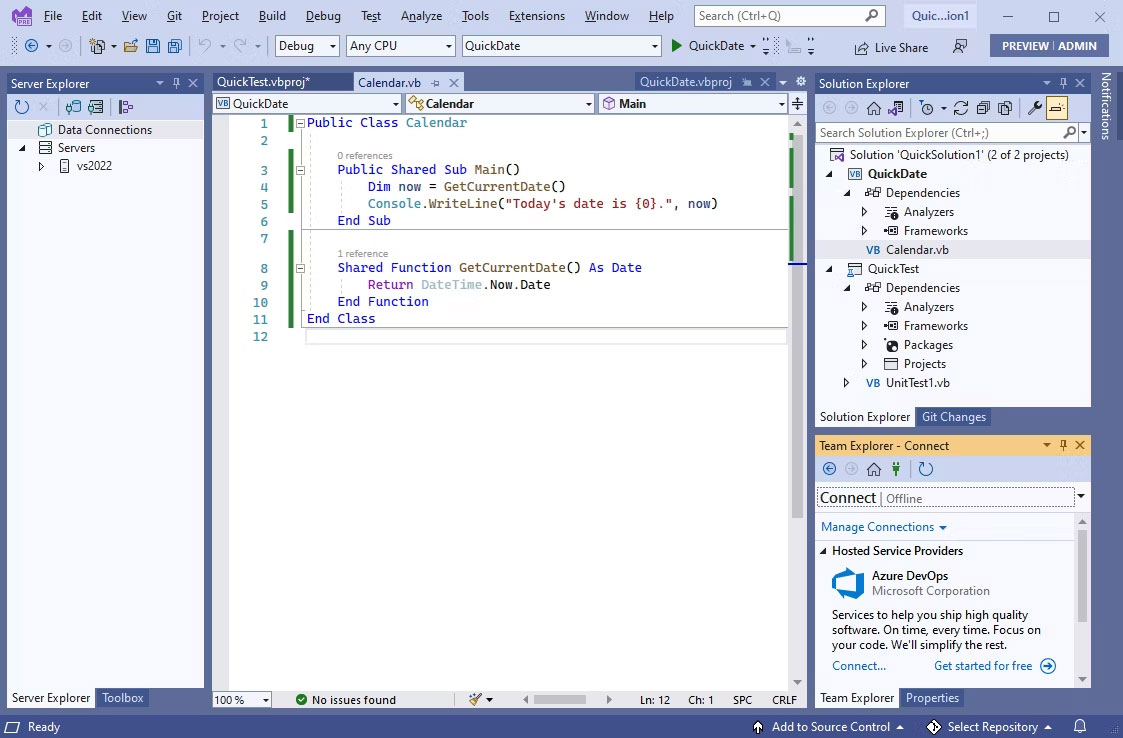Learn about BASIC: The programming language that just turned 60 years old
Find out why BASIC is one of the most important and influential programming languages.
What is BASIC?

BASIC stands for Beginner's All-purpose Symbolic Instruction Code. It debuted in the era of low-level languages - mainly used by scientists and mathematicians - as a simpler, high-level programming language.
This language originated at Dartmouth College. It was the result of a collaboration between the then chair of the Department of Mathematics, Jordan G. Kemeny, and Professor Thomas E. Kurtz. Their vision is to increase computer and programming knowledge for students in all fields.
First, they created a timesharing system, a precursor to modern operating systems that allowed multiple programs to run on a single computer at the same time. They then designed BASIC to take advantage of this new way of computing.
At 4 a.m. on May 1, 1964, two BASIC programs were compiled and executed simultaneously on a General Electric GE-225 timesharing mainframe. These two innovations - timesharing and a simple yet powerful programming language - helped advance computing across Dartmouth and the rest of the world.
With the advent of personal computers, there was a need for a programming language that was simple, portable, and user-friendly. Once again, BASIC fits that bill. In 1975, Bill Gates and Paul Allen created a modified version of BASIC to run on the MITS Altair 8080. Altair BASIC, as it was originally called, was Microsoft's first product. A year later, Steve Wozniak created Integer BASIC for Apple I and II computers.
What made BASIC such a great programming language at the time?
There were certain features of the BASIC programming language that made it the most widely used language in the 1970s and 1980s, including:
- Simplicity : BASIC is a simple, accessible language that non-technical people can use to write code. Keywords are written in simple English and the code syntax is relatively easy to understand. BASIC is much easier to use than Fortran on which it is based.
- Free and Open Source : Although open source programming languages are more or less the norm today, BASIC was born at a time when free software releases were rare. The manufacturers decided to distribute it for free to encourage widespread use, which turned out to be a very effective strategy. Because it was free and open source, home computers released at the time often came with a preloaded BASIC variant.
- Interactive nature : The original BASIC language was compiled rather than interpreted, and this made it a much faster language than later implementations. In addition, thanks to timesharing, users can directly enter BASIC code into the terminal, run the code and receive results immediately.
- Compact : When personal computers began to appear, BASIC was the only language small enough to run on the limited memory available on computers at the time. For example, Altair BASIC only takes up 4KB of memory, leaving enough space for the program to be interpreted.
Things inspired by BASIC

BASIC continued to grow and spread at a rapid rate until the 1990s when interest in computing declined. More capable programming languages (like Pascal and C) are needed to take advantage of the powerful computers now on the market.
Although its popularity has declined, some BASIC dialects such as Visual Basic, QuickBASIC, and FreeBASIC are still used today. Some dialects had just the name 'BASIC', but some retained the ease of use and simplicity that made BASIC appealing to a whole generation of users.
You may have never heard of this language, but BASIC was quite influential in shaping the computing landscape we have today. It emphasizes readability and simplicity, laying the foundation for modern, beginner-friendly programming languages like Python and Java.